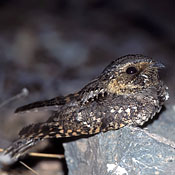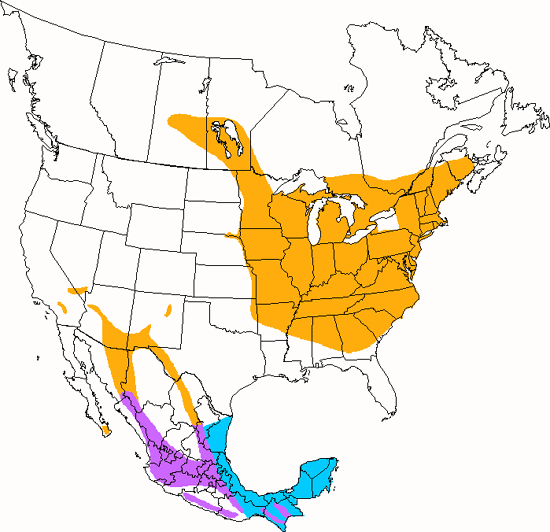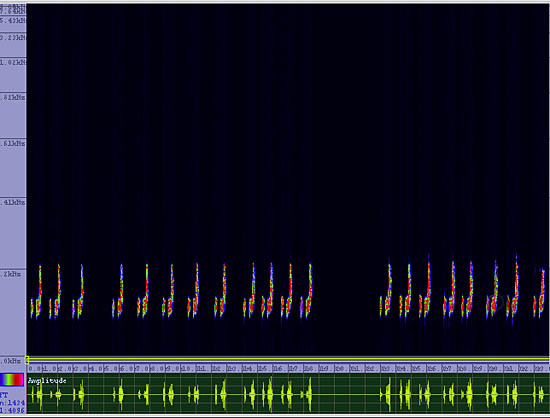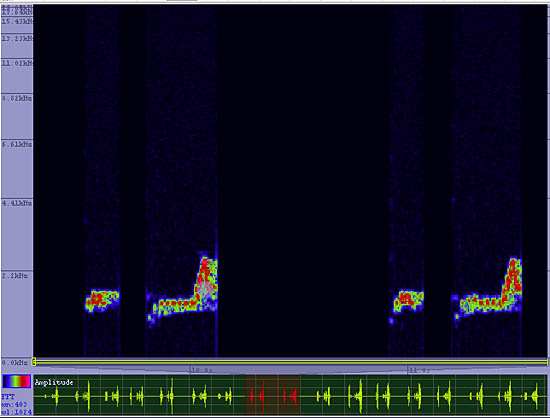Whip-poor-will
Caprimulgus vociferus

Owls

Length: 10 in. (28 cm )
Seen only rarely during the daytime when it hides camouflaged against the leaf litter or a tree branch, this nocturnal bird is also hard to see at night time. Only its continuously repeated song lets you know how common it is. The nest is a scrape in the leaf litter in a forest opening. The diet is insects, especially moths, which are caught in mid air as the Whip-poor-will swoops low over forest clearings. The population in the west is considered a separate species by some experts, the Mexican Whip-poor-will.
The four-digit banding code is WPWI.
Bibliographic details:
- Article: Whip-poor-will
- Author(s): Dr. Biology
- Publisher: Arizona State University School of Life Sciences Ask A Biologist
- Site name: ASU - Ask A Biologist
- Date published: 13 Jul, 2017
- Date accessed: 18 September, 2025
- Link: https://askabiologist.asu.edu/activities/bird/whip-poor-will
APA Style
Dr. Biology. (Thu, 07/13/2017 - 15:38). Whip-poor-will. ASU - Ask A Biologist. Retrieved from https://askabiologist.asu.edu/activities/bird/whip-poor-will
Chicago Manual of Style
Dr. Biology. "Whip-poor-will". ASU - Ask A Biologist. 13 Jul 2017. https://askabiologist.asu.edu/activities/bird/whip-poor-will
MLA 2017 Style
Dr. Biology. "Whip-poor-will". ASU - Ask A Biologist. 13 Jul 2017. ASU - Ask A Biologist, Web. https://askabiologist.asu.edu/activities/bird/whip-poor-will
Be Part of
Ask A Biologist
By volunteering, or simply sending us feedback on the site. Scientists, teachers, writers, illustrators, and translators are all important to the program. If you are interested in helping with the website we have a Volunteers page to get the process started.







